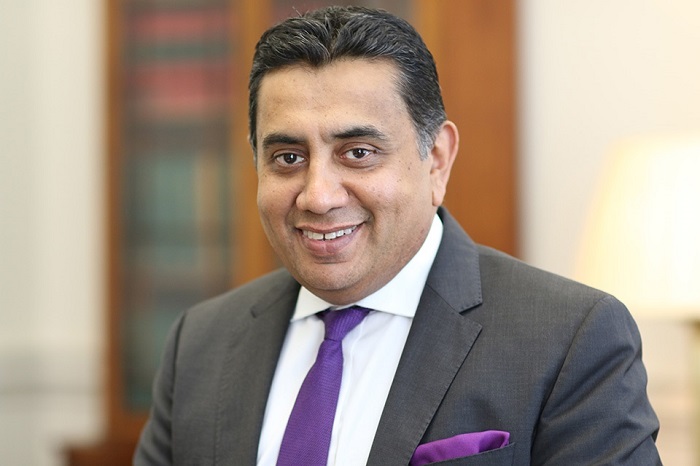Statement by UK Minister of State for the UN and the Commonwealth, Prime Minister’s Special Representative on Preventing Sexual Violence in Conflict, and Prime Minister’s Special Envoy on Freedom of Religion or Belief, Lord (Tariq) Ahmad of Wimbledon, of Wimbledon at the UN Security Council briefing on Mali
Thank you Mr President. May I start by thanking you for convening this important meeting and also thanking the Secretary-General for his comprehensive and informative briefing. And I am also, like many others, looking forward to Prime Minister Maiga for giving his perspective on the challenges his country faces.
However, if I may Prime Minister, I begin by addressing you Sir. I do so by offering the sincere condolences on behalf of the United Kingdom Government for the tragic deaths of over 160 people in the most recent violence in Ogossagou. Given the ongoing security challenges, we particularly welcome the recent steps your Government has taken to implement the Mali Peace Agreement, including on the disarmament, demobilisation and reintegration process.
However, Mr President, while progress in recent months has been more encouraging in recent months than in previous years, the United Kingdom notes that the Secretary-General’s report highlights a number of areas where progress has not matched the benchmarks set out in the MINUSMA mandate. It is clear that more still needs to be done to achieve long term peace and long term stability.
Even where positive steps have been taken, more fundamental changes are required to achieve peace, sustainable development, and indeed prosperity. This is particularly the case with constitutional reform and decentralisation, security sector reform, economic development in northern Mali, and the meaningful participation of women in the peace process.
I commend the Government of Mali’s commitment to hold a constitutional referendum before the end of June. To give the reform process the best chance of success, we would urge them to ensure that it is properly inclusive, involving a genuine consultation with all signatory parties to the peace agreement and with all sections of Malian society. We also welcome the Prime Minister’s clear commitment to stabilise the situation in central Mali. We hope that he can give assurances that the Government’s plan for the centre will be both truly comprehensive and indeed properly funded, to ensure its effectiveness.
Mr President, MINUSMA plays a crucial role in Mali, in extremely challenging circumstances. The United Kingdom unequivocally condemns recent attacks against MINUSMA personnel and we wish to extend our condolences to the families of those who have lost their lives. As we approach the renewal of the mandate in June, the United Kingdom wants to work with all of you here today to build on recent progress and to further enhance the effectiveness of the Mission.
In particular, we want to see a mandate that allows it to continue to focus on its core tasks in the north and its areas of strength. MINUSMA has had the greatest political impact when it has used its good offices to defuse tensions and allow agreement to form around the tough compromises necessary. Those compromises are absolutely necessary for peace. We believe that it can do more of this, particularly in central Mali.
In its military operations, we are concerned that the Mission still spends too much time and money on resupply and force protection, rather than protecting the Malian people. We want to support the Mission to make longer-term cost savings, so that it can free up capacity – because its important to free up that capacity to save lives.
Finally, we should all recognise that MINUSMA is not a permanent solution but a means to an end – namely, a means to achieve sustainable peace in Mali. We all need to work together, across the whole UN family, to achieve this.
Mr President, allow me to finish by underlining the importance that the United Kingdom attaches to progress in Mali and the broader Sahel region.
The issues we are discussing today have major long-term implications – not just for the security and prosperity of the people of Mali, but also for the broader region, and indeed for Europe. This is why the United Kingdom is stepping up our engagement in the Sahel. We are already working with the countries of the region to support peace, development, and prosperity. We are the region’s third biggest humanitarian donor. We are enlarging our Embassy in Mali, which spearheads our work on the very issues we have been discussing so far today. We are also establishing new embassies in Niger and Chad, and building a broader Stability and Development programme.
As we step up our engagement over the coming years, the principles of frank and open partnership will be central to our approach, both with the people and governments of the region and with our broader international partners. I look forward to working with many here, with the Government of Mali, and all partners, to achieve our shared ambitions and our shared goals.
Thank you, Mr President.









